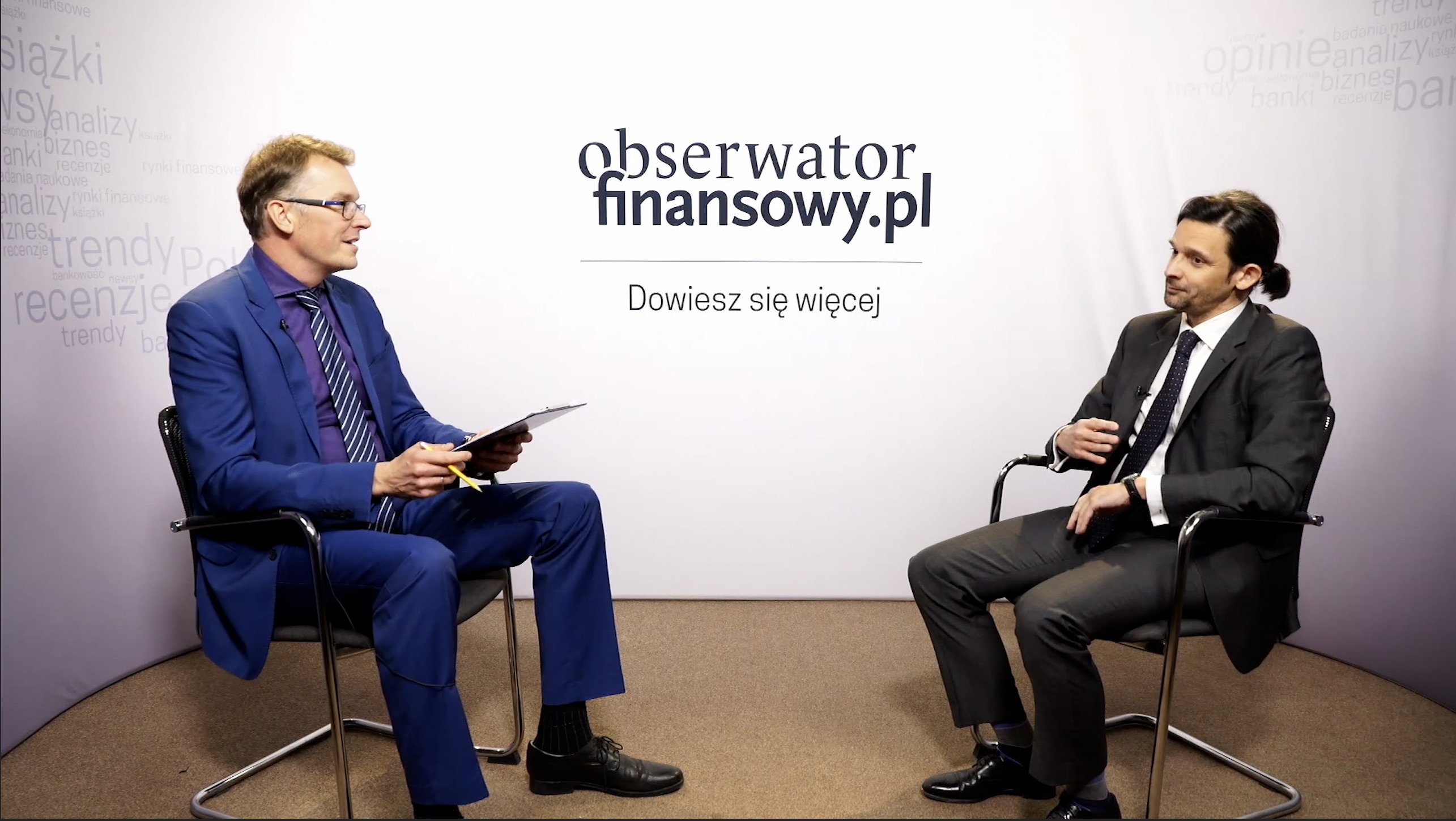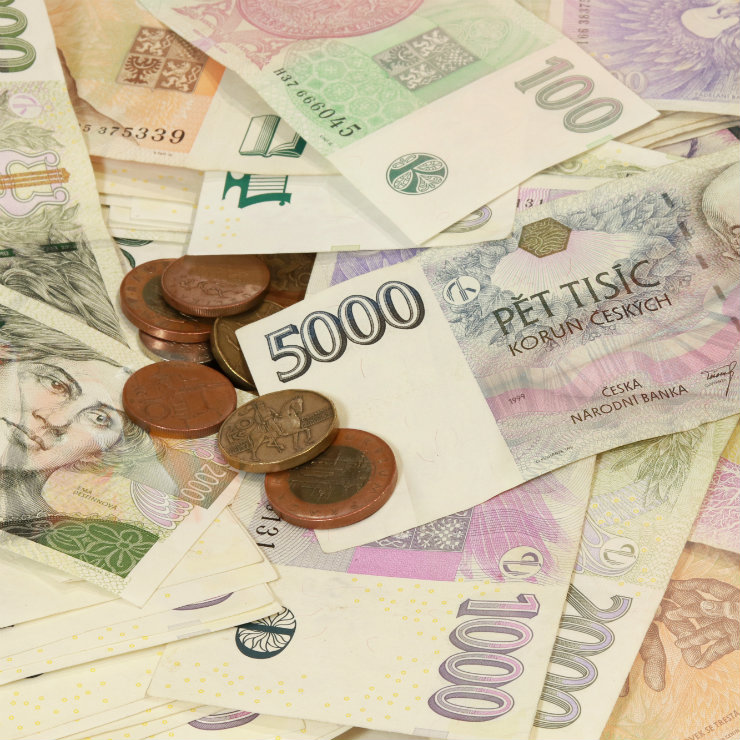
If we let inflation consolidate and entrench at the high level the cost od bringing it down at a later point in time will be huge in terms of unemployment – says Marco J. Lombardi, Bank for International Settlements.

The lockdown measures have hurt both the Polish and the Ukrainian economy, but the strength of the impact is not the same. The long-term effects in the two countries will also be different. Unemployment may turn out to be the...

The crisis caused by the pandemic and the necessity of introducing a lockdown, have mobilized governments to launch anti-crisis packages. Regardless of the differences between the individual economies, they all share a similar...

Before the outbreak of the pandemic the unemployment in the Western Balkans dropped significantly, but it is still unclear how the pandemic will affect the labor market in the region. There is some hope due to the idea of...

The lockdown restrictions and the state of emergency declared by the Ukrainian government are ravaging the already faltering economy of Ukraine. At the end of March 2020, Ukrainian Prime Minister Denys Shmyhal presented a new...

The Youth Study Southeast Europe 2018/2019 says that three factors determine the situation of young people in the Southeast Europe. These are: economic insecurity, low levels of satisfaction, and the pro-European orientation.

For the very first time in the history, the average salary in the Czech Republic surpassed CZK34,000 (EUR1,316), according to the Czech Statistical Office (CSO). In the Q2’19, the average salary increased by 7.2 percent y/y.

Experts from the European Commission (EC) judge that the economy of the European Union (EU) reached the peak of the business cycle in 2017. In the two subsequent years there will be a slowdown, but not a recession.

The macroeconomic imbalances in the economies of the European Union member states are improving slowly but surely. The survey on imbalances conducted by the European Commission assesses risks of another crisis.

Labor costs have been rising at the fast rate, but they still are only 12.6 per cent of the operating costs. Poland has large pockets of underpaid labor in the economy, says Piotr Boguszewski, PhD.